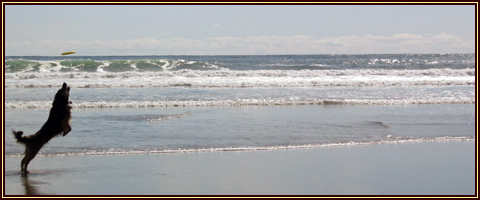Ways To Reduce Horse Stress
Stress in horses can cause 1 or 2 health problems, but the good news is that it can be simply spotted and controlled. Stress triggers the release of cortisol, the hormone responsible for ‘fight or flight’ reactions. While this is nature’s defence mechanism at work in natural settings, it can cause disaster in domestic environments. Frequent release of cortisone because of stress can adversely impact body functions like digestion and behaviour. It could also damage the reproduction, immunity and heart systems. Stress can cause dysentery, stomach ulcers and colic.
It is hard to consider the factors that might stress horses in a domestic environment. They are not working 9 to 5, they’re not handling choking traffic, they are not worrying about budgets. So what do they fret over?
Most reasons for stress in horses relate to change in routine or environment: changes in feed, bedding, pasture and pasture mates. Even tiny and reputedly trivial changes are really capable of disturbing horses.
Below, I give you a list of common stress solutions and causes for them.
1. Untimely feeding patterns
While horses spend substantial time grazing. As an undeniable fact, they spend up to 70% of their time in grazing. If at pasture, your horses will follow their natural inclinations. If not, you should feed them not less than four times each day, spaced out over the day.
Look out for feeds containing excess carbohydrates, especially of the fast release type. Keep your horses on a feed of the slow energy-release type.
2. Help them work it out
Like with humans, horses work out their stress significantly with exercise. Take them regularly out for a walk, a ride or some extra turnout. The exercise will help greatly with stress.
3. Loneliness
Horses belong to herds. They derive a feeling of security and emotional support from their herds. Horses in a herd understand how to entertain themselves. Each horse in a herd is given his or her own place in the totem pole, When deprived of others of their species, horses feel lonesome and that isolation leads to stress. While the best pasture and herd buddies are other horses, donkeys and goats are good as substitutes.
Stable your horses together such that they are in sight of one another. They derive comfort from knowing they are not alone.
4. Monotony and tedium
Monotony is a massive cause of stress, whether in human beings or in horses. Give your horses plenty of toys to stop them from relieving their stress by pursuits like weaving or cribbing. Mirrors are good stress busters: a large amount of horses find looking at themselves in mirrors sedative.
5. Boost confidence
Confident horses deal better with stress. If you consistently but gradually treat your horse to previously unknown smells, sights and sounds, you are playing on its natural sense of curiosity. When a pony is curious, it chases the object that intrigues it and stress goes out the back door. Make sure you are not forcing your pony into anything; let it work things out at its own speed.
6. Keep an eye out for contamination!
When your pony is feeling stress, talk to it as much as you can in soft tones. Keep cool and help it keep cool. Do not let your horse’s stress trouble you, as well.
Horses are Heather Toms passion and she enjoys sharing her extensive knowledge through her 100s of articles with other horse lovers, like all things about circle y saddles







